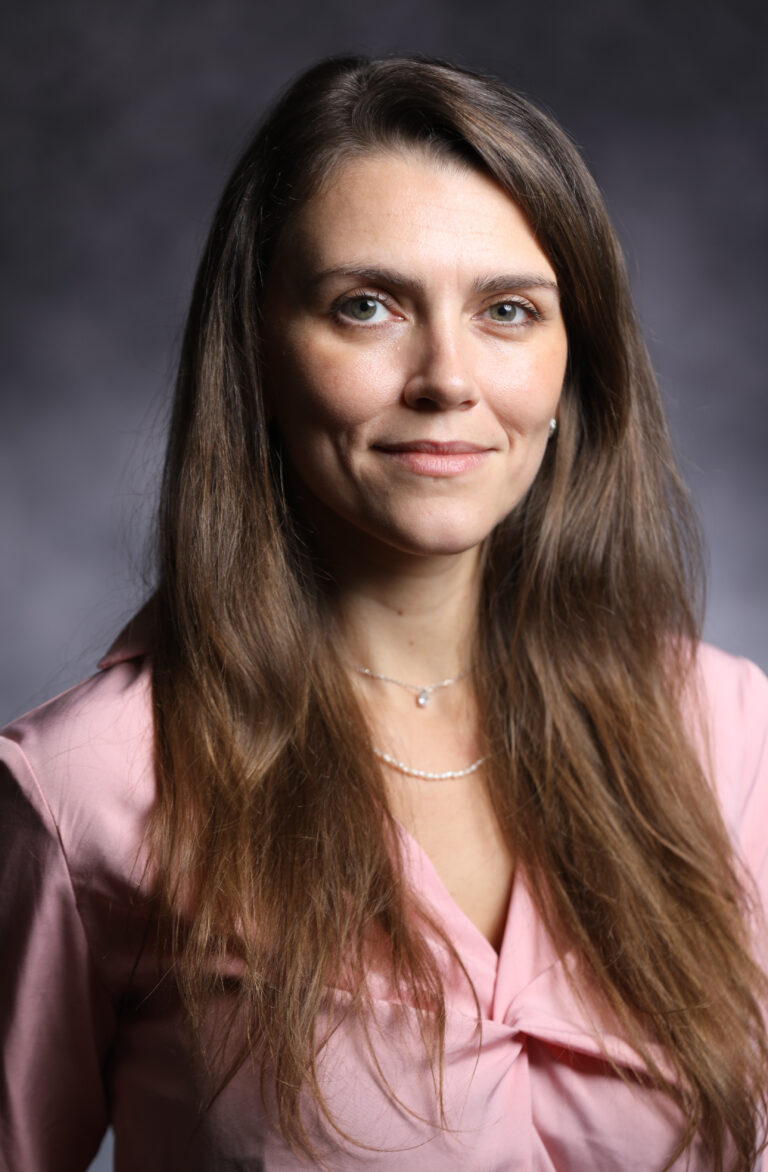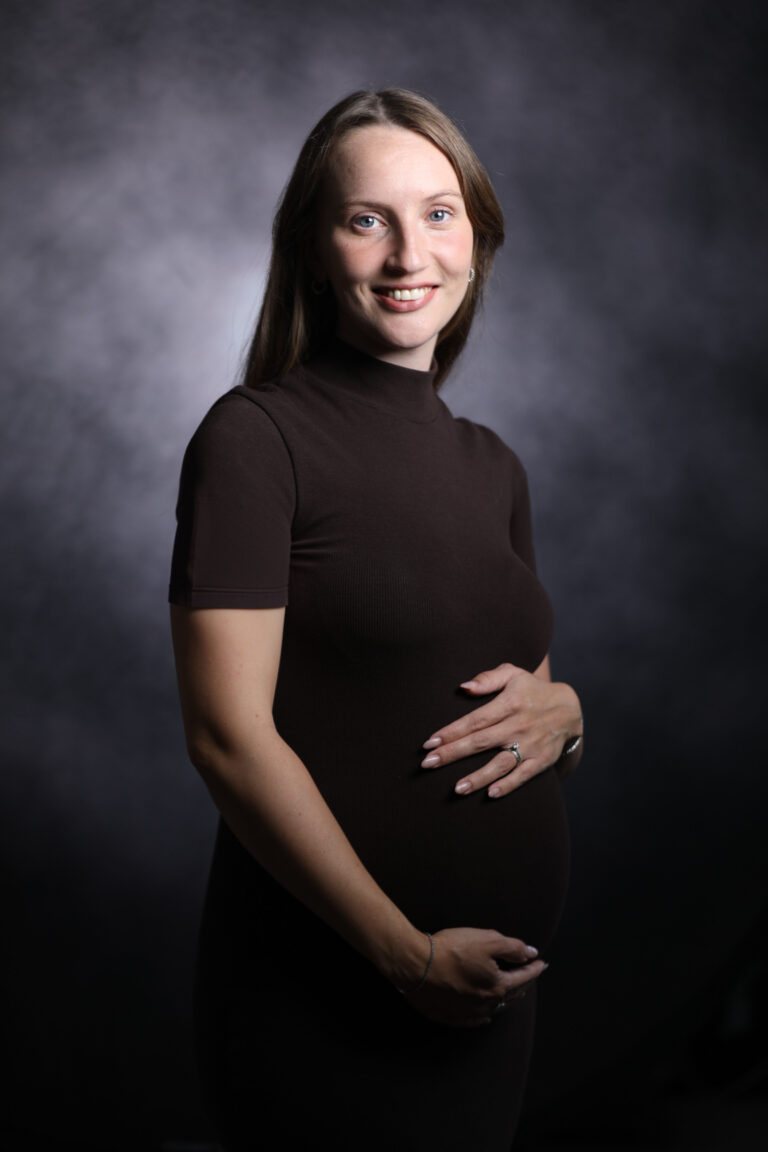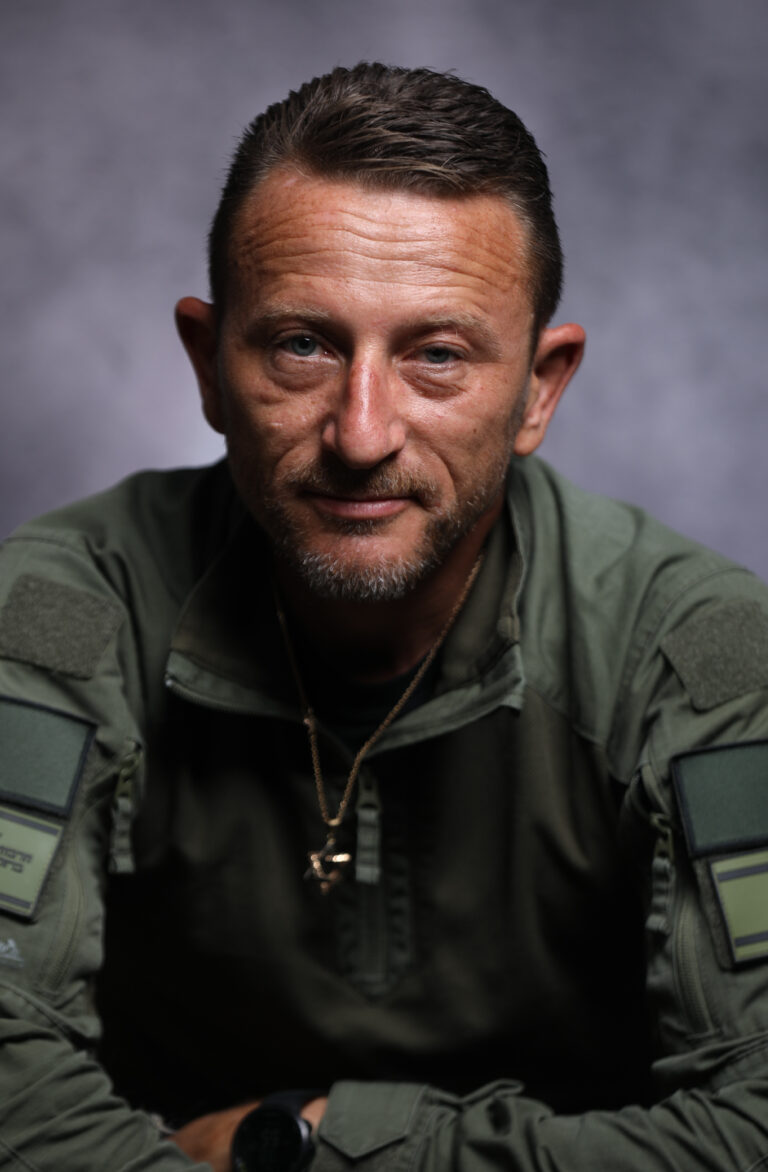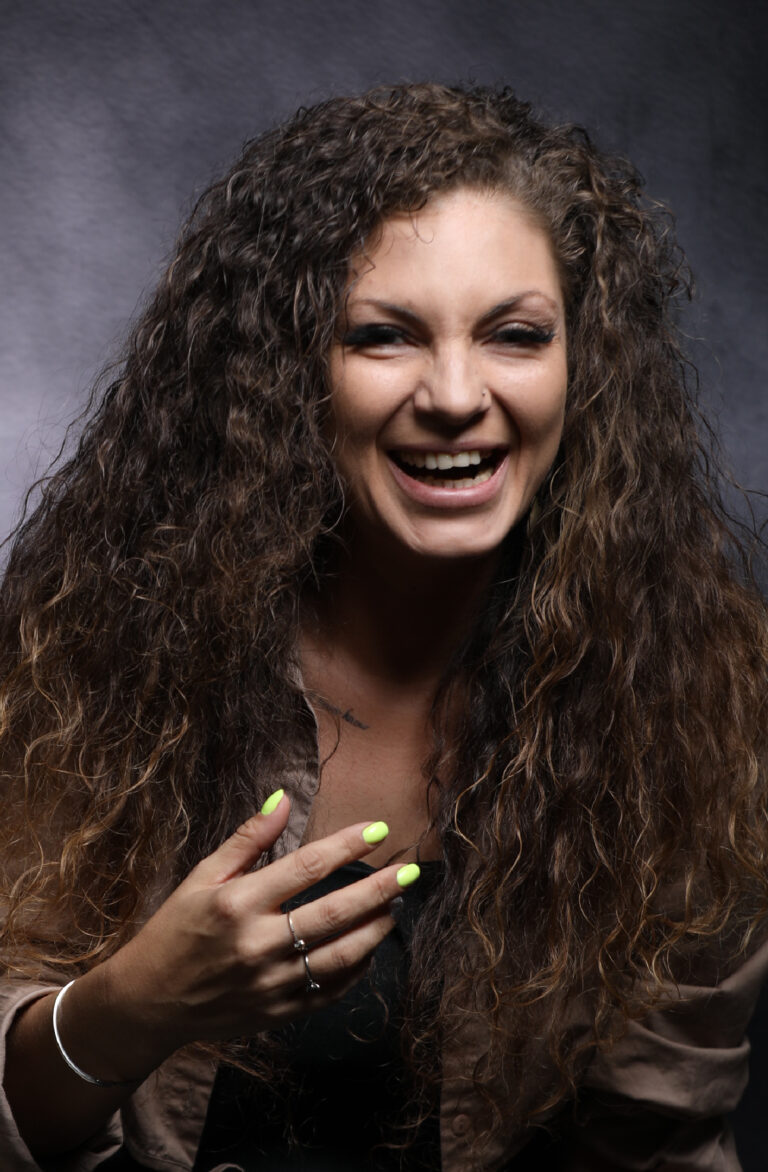Your First Step To Conversion Begins Here >>>
Welcome to Netiv –
The official state conversion course of Israel
Netiv was established by a decision of the Israeli government in collaboration with the Jewish Agency.
Netiv serves as the government's executive branch for conversion and is the largest conversion preparation body in Israel. It is aimed at Israeli citizens who are not registered as Jewish, with the goal of enriching their lives with knowledge, values, history, and the culture of the Jewish people while guiding them throughout the entire conversion process.
Free of Charge
Flexible Study Hours
Classrooms Nationwide Coverage
Courses In Multiple Languages
Our Stories
-
The Special Journey of Elianna
-
The Surprising Journey of Eden
-
Fima's Journey: Between Army Uniform and Faith
-
The Moving Journey of Eden
-
Alona Discovers Shabbat

When Elianna Prigozhina received her first draft notice at the age of 16, she didn't understand why it was accompanied by an invitation to Netiv's military conversion course. "We moved to Israel when I was a year and a half old," says Elianna.
"I grew up in a Jewish and Zionist home. We celebrated all the holidays, we went to the synagogue on Yom Kippur. I always felt just like everyone else. I didn't even experience ethnic insults at school." It was only on that day that her mother explained to her that she wasn't Jewish according to Jewish law. Despite the surprising news, Elianna wasn't confused. She decided she would accept the army's offer, and everything would work out. So, when she enlisted, she immediately began the Netiv service initiation course.
"It was very interesting," Elianna says. "I enjoyed the studies. I continued without any hesitation to the seminars. But in the end, everything turned upside down."

Eden Zemlihin entered the same classroom where she had studied in the Netiv course when she was in the army. This time, she was not in uniform and did not take a seat among the rows. She wasn't there to learn; she was there to teach.
How did you feel on your first day as a teacher in the course?
“It was an incredible experience. Four years earlier, I sat in that same classroom as a student, and now, everything had turned around. I prepared thoroughly for the first lesson, but I was still very nervous. I had trouble sleeping the night before, not knowing what to expect. But everything went well. The soldiers were amazing. A connection immediately formed between us. By the next lesson, I was much more relaxed.”
How did you become a teacher so quickly?
“About a year after I was discharged, I got a call from the Netiv management saying they were looking for graduates willing to travel to the United States for a series of meetings with representatives of the Jewish community. I happily agreed because my personal experience in the Netiv course had been great. I traveled with the delegation to New York, met many people who help the course continue—community leaders, activists, donors. We had fascinating conversations. When I got back to Israel, I participated in several more Netiv projects, appeared in promotional videos, and even traveled with another delegation to Moscow. When the coronavirus pandemic broke out, I called Netiv's management to ask if there was any work available. Shortly after, I got the offer to teach. It was very exciting. Of course, I agreed.”

Between Uniforms and Faith: Fima, a Reserve Combat Officer, Shares His Conversion Journey
How did you come to Netiv?
I began the conversion process because of my wife, then my partner, Eden. She felt the need to learn more about the religion and strengthen her faith. We started practicing customs together and celebrating Jewish holidays. Through recommendations and word of mouth, we found Ilana Raz, the Netiv coordinator in the Afula and Nazareth Illit area.
What made you stay?
We became very close. It was during the COVID-19 period. We volunteered to distribute food to the elderly, and at the same time, we learned about the customs and commandments. Everything came together for us.
You became a guiding family. How did that happen?
When Ilana asked us to become a guiding family ourselves, we didn’t hesitate for a moment. We agreed with joy, and since then, we’ve been accompanying those going through conversion, answering all their questions, and doing our best to make the process more understandable and simple for them.
What has been your most powerful experience as a Jew?
On October 7th, I was called up for reserve duty. The army knows that I observe Shabbat, so they sent two soldiers to knock on my door. I was called up, and Eden stayed behind, dealing with all the fears and pressures of the unimaginable situation, with our young daughter in her arms. Since then, I’ve been an active reservist in the south—Gaza, Shejaiya, Deir al-Balah, and Rafah. It’s difficult, but I manage thanks to my wife. Thanks to the strong home front I have. The support she gives me. The most important thing is the peace at home and love. Faith also gives me strength, both personally and for the soldiers in the field. It strengthens us, brings us closer to the mission. We feel embraced by our wonderful people; they send us challahs for Shabbat and contribute a lot. Whatever we asked for, we received. People immediately donated. I am a believer and I believe in our strength. I always say to my soldiers, “When the waves get stronger, the strong emerge.” We are a strong nation, and we will win.

What Was Missing That Led You to Convert?
When Fima and I started the conversion process with Netiv, we had already been married for two years. But throughout that time, I felt like something was missing. I had a deep desire to stand under a Jewish wedding chuppah.
Why a Jewish Wedding?
A Jewish wedding is a decision to see life as part of a long and unbroken chain. It’s an agreement to be a link that connects the past, present, and future—to feel the weight of 4,000 years of history coming together in a single moment.
Did You Fulfill Your Dream?
After successfully completing the course, Fima and I stood under the chuppah, just as I had always dreamed. For the first time, I truly felt like I was part of a people, a culture, and an identity.
What Has Changed in the Past Year?
Since October 7th, Fima has been on reserve duty. On Fridays, as I prepare our home for Shabbat, our little daughter loves to take Fima’s kippah and place it on her own head. These are pure moments of light and joy that give me so much strength to keep going, despite everything.

In Russia, Alona Markovsky was a midwife. When she immigrated to Israel, she worked as a hotel housekeeper at the Hilton in Tel Aviv while studying in an ulpan (Hebrew language school). “The hotel manager encouraged me to pursue further education,” Alona recalls. “He was a good man and believed I shouldn't stay in that job for too long.” So, a year after her arrival, she enrolled in a practical nursing course. “I completed the course but struggled to pass the exams,” she admits. “It was very difficult, mainly because of the language.”
Did you go back to working at the hotel?
“No, I decided to start my own business. Back in Russia, I had a flower shop for a while, so after failing the exams, I decided to use that experience. I opened a small flower shop in Ramat Gan. At first, it was tough—I had no money, and sometimes I didn't even have enough to eat. But I had a strong desire to succeed and good friends who supported and encouraged me. After two years, things stabilized, and I started making a living. Around that time, I began thinking about conversion.”
Why then?
“Because I already felt more Israeli than Russian. I celebrated Rosh Hashanah, Passover, Sukkot, and Hanukkah with friends, and I loved it. I always felt a connection to Jewish tradition. My paternal grandparents were religious Jews. They passed away before I was born, but my father told me many stories about them.”
Did your family observe Jewish traditions at home?
“No, because my parents divorced when I was young. My sister and I stayed with my mother in Russia, and my father returned to Baku, the capital of Azerbaijan, where he was born. My mother is Russian and has no connection to Judaism, so we celebrated Christian holidays or Soviet-era holidays. I never felt particularly attached to those traditions, and after a few years in Israel, I started forgetting when those holidays even took place. I completely disconnected from them. Once, a friend invited me to church, and after just a few minutes, I left. I felt uncomfortable, like it wasn’t where I belonged.”
How did you find the conversion preparation course?
“I started searching online and asking people. One of my customers at the flower shop told me that she had converted and had a wonderful teacher—Esther Reiser. That’s how I found the 'Nativ' course.”
How was your learning experience?
“Very interesting. I was worried it would be difficult, but when they taught us about holidays and traditions, I remembered my father’s stories about his parents' home. It turned out I already knew quite a bit about Jewish customs, which was a comforting feeling. But of course, there were also challenging moments.”
Like what?
“The first time I went to a synagogue, I didn’t know what to do—where to stand, which page to open in the prayer book. It was a little intimidating. But the women there immediately helped me. They seated me, opened the prayer book to the right page, and helped me follow the service.”
How was your experience with the rabbinical court?
“The night before, I could barely sleep—I was anxious and excited. But everything went smoothly. By that time, I was already keeping Shabbat and kosher, and I knew the blessings. I answered all the judges’ questions, and the atmosphere was warm and welcoming.”
Was it difficult to start keeping Shabbat?
“No, it happened quite naturally. I used to work every single day—even on Shabbat when my shop was closed. I would plan the upcoming week, talk to suppliers and customers. At some point, I felt like it was too much, like I needed at least one day to disconnect. When I started keeping Shabbat, I truly enjoyed the quiet, and since then, it has become my sacred time—literally a holy day.”
How did your friends and family react to your decision?
“My friends were very happy for me, they felt that I needed this change. My father was also pleased—he saw it as closing a family circle. Only my mother didn’t understand and was against it. But now, almost two years later, she accepts me as I am. Last year, I got married. My husband immigrated from Uzbekistan 20 years ago. He has always kept Shabbat and kosher, so that part was easy for us. We built a home together and live according to our faith.”